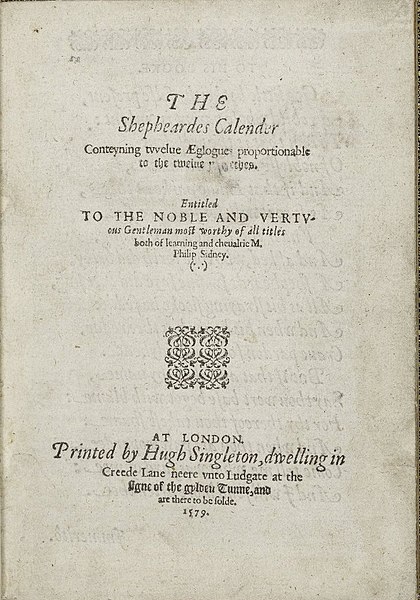Sarcasm is the caustic use of words, often in a humorous way, to mock someone or something. Sarcasm may employ ambivalence, although it is not necessarily ironic. Most noticeable in spoken word, sarcasm is mainly distinguished by the inflection with which it is spoken or, with an undercurrent of irony, by the extreme disproportion of the comment to the situation, and is largely context-dependent.
A sarcastic response written on a table that reads: Wow, you are SO deep!
Use of sarcasm in an ad sticker of a boxing studio. The message is negative and directly mocks, or even jokingly insults, the person targeted by the advertisement.
Sarcastic comment below a memorial plaque for Alois Alzheimer who first described Alzheimer's disease. The German text means "Alois, we will never forget you!", subtly playing with the contradiction between a disease deteriorating the human memory, the purpose of the memorial and the added text.
The Shepheardes Calender was Edmund Spenser's first major poetic work, published in 1579. In emulation of Virgil's first work, the Eclogues, Spenser wrote this series of pastorals at the commencement of his career. However, Spenser's models were rather the Renaissance eclogues of Mantuanus. The title, like the entire work, is written using deliberately archaic spellings, in order to suggest a connection to medieval literature, and to Geoffrey Chaucer in particular. Spenser dedicated the poem to Philip Sidney.
The poem introduces Colin Clout, a folk character originated by John Skelton, and depicts his life as a shepherd through the twelve months of the year. The Calender encompasses considerable formal innovations, anticipating the even more virtuosic Countess of Pembroke's Arcadia, the classic pastoral romance by Sir Philip Sidney, with whom Spenser was acquainted. It is also remarkable for the extensive commentary or gloss included with the work in its first publication, ascribed to an "E.K." E.K. is an intelligent, very subtle, sometimes wrong, and often deeply ironic commentator, who is sometimes assumed to be an alias of Spenser himself. The term sarcasm (Sarcasmus) is first recorded in English in Spenser's poem (October).

Title page of The Shepheardes Calendar, circa 1571.
The first page of the Aprill Eclogue





